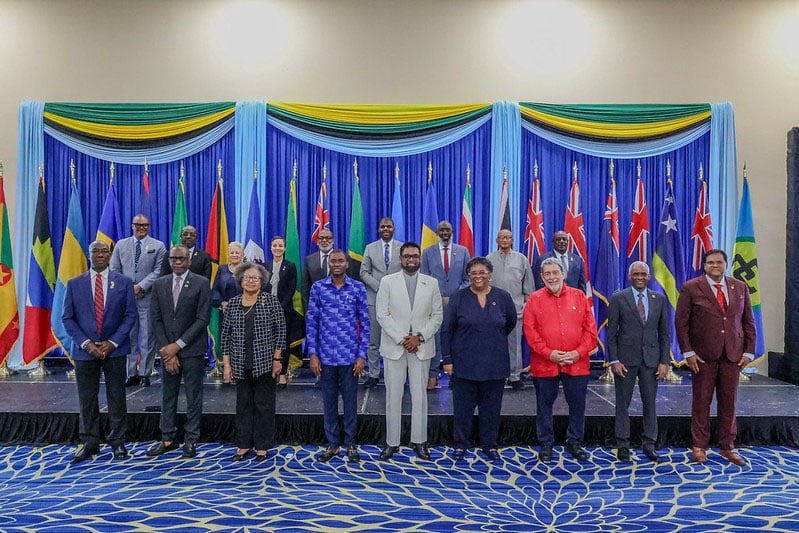Guyana is one of several Caribbean countries that will benefit from the Inter-American Development-funded Systematic Observations Financing Facility (SOFF), which provides funding and technical assistance for countries to improve weather forecasts, early warning systems and climate information services.
The SOFF initiative, a direct response to the recent rampage which by Hurricane Beryl that ravaged a number of the region’s island territories will, however, target the more vulnerable territories of the region frirst, with Belize, reportedly, being the first CARICOM state expected to benefit from the IDB-funded support measure through a grant of US$800,000.00. This, reportedly, will be followed by projects in The Bahamas, Barbados, Ecuador, Guatemala, Guyana, Haiti, Jamaica, St Kitts-Nevis, and Trinidad and Tobago.
While the SOFF initiative may not be an instantaneous and holistic solution to the extant climate challenge the recent disclosure that the Caribbean is to benefit from an IDB/UNDP in initiative that seeks to add to the pre-existing ‘weaponry’ in the fight against climate change must at least serve as some modest measure of comfort to the region which, over time has had little choice than to absorb the impact of these climate onslaughts and pick up the pieces afterwards.
Some of the hardest-hit countries in the region are only now seeking to emerge from the harrowing and destructive experience visited upon them by Hurricane Beryl, the aftermath of which has raised, not for the first time, the issue of the link between the approaches being employed in the development strategies of the west and the impact of those strategies on weather patterns that come back to haunt a defenseless Caribbean.
The disclosure regarding the agreement between the IDB and the UNDP, two international organizations noted for their interventions to ‘bale out’ poor countries from an assortment of crises, over the years, could hardly have come soon enough. Even now the enduringly vulnerable island territories in the region which are nowhere near recovery from Beryl’s rampage are contemplating the grim reality that unless the hostile climate-related interventions are abated, their very existence as bona fide nation states will eventually m under threat.
The agreement between the IDB and the UNDP, will focus on the collection and sharing of “critical climate and weather data” which will help to advance efforts to “support climate adaptation and enhance regional climate coordination in Latin America and the Caribbean.”
Critically, the agreement reportedly affords the IDB access to financial resources through the Systematic Observations Financing Facility (SOFF), a measure that facilitates financing and technical assistance for countries to upgrade their weather forecast capabilities, particularly their early warning systems, improve weather forecasts and climate-information services.
As part of the post-Beryl discourses at the level of government officials, including Heads of Government in the region, the issue of effecting a demarche on developed countries to secure an urgent engagement on the effects of climate change on weather patterns and the impact of weather patterns on countries in the Caribbean though no structured discourse on the matter is known to be ensuing at this time.
IDB President IIan Goldfajn is in record as saying that “by enhancing evidence and data for climate and environmental monitoring, the partnership with SOFF will generate crucial information that will expand countries’ preparedness and resilience to climate change. At the IDB, we are paving the way for other MDBs to access SOFF and explore further collaborations with UNDP-administered funds,”






